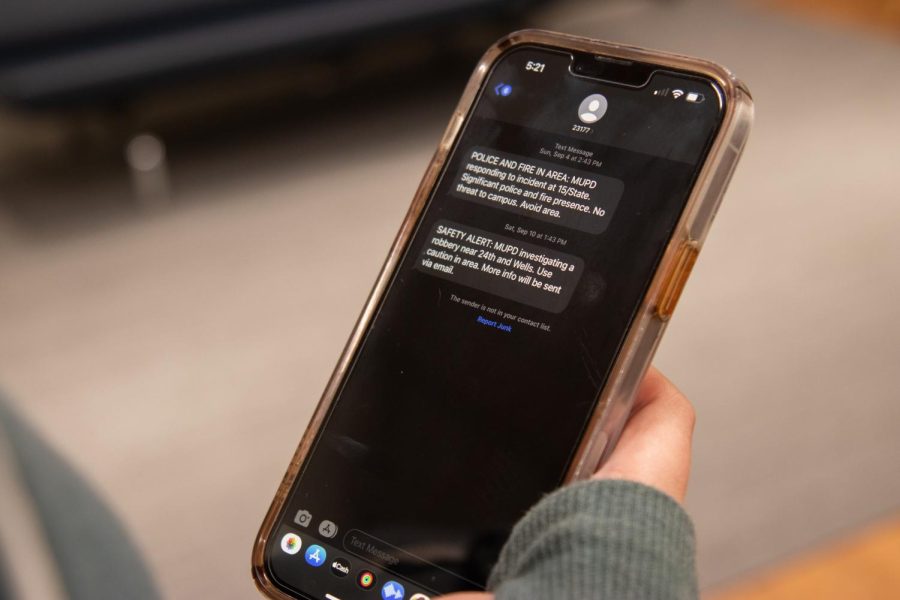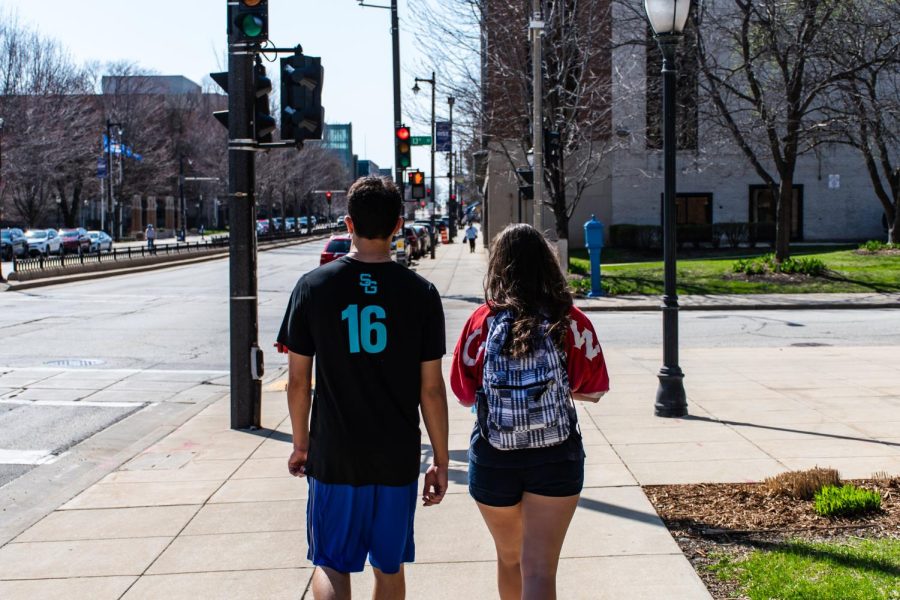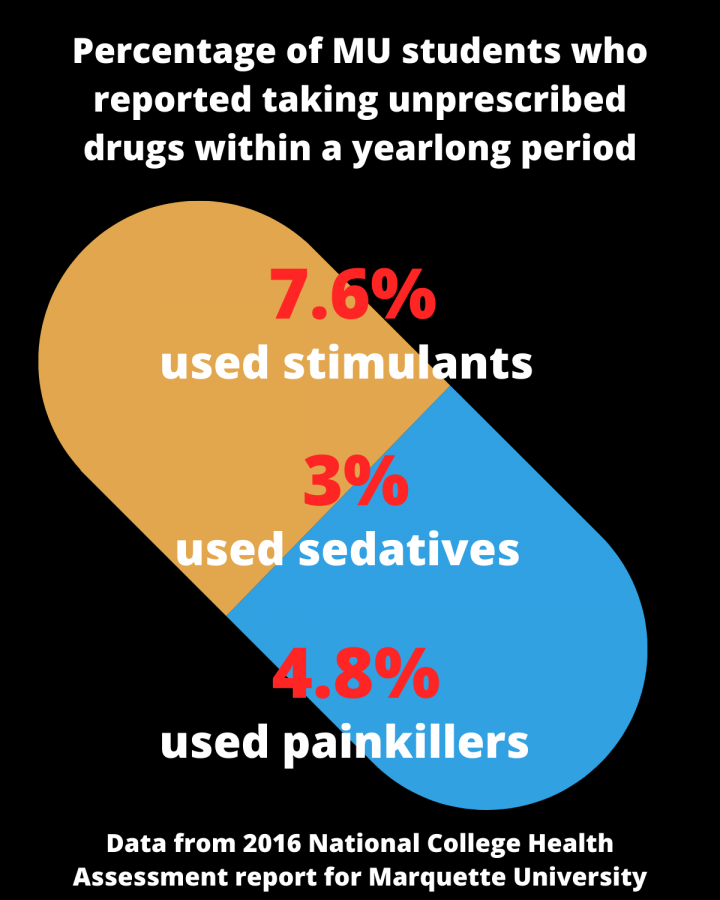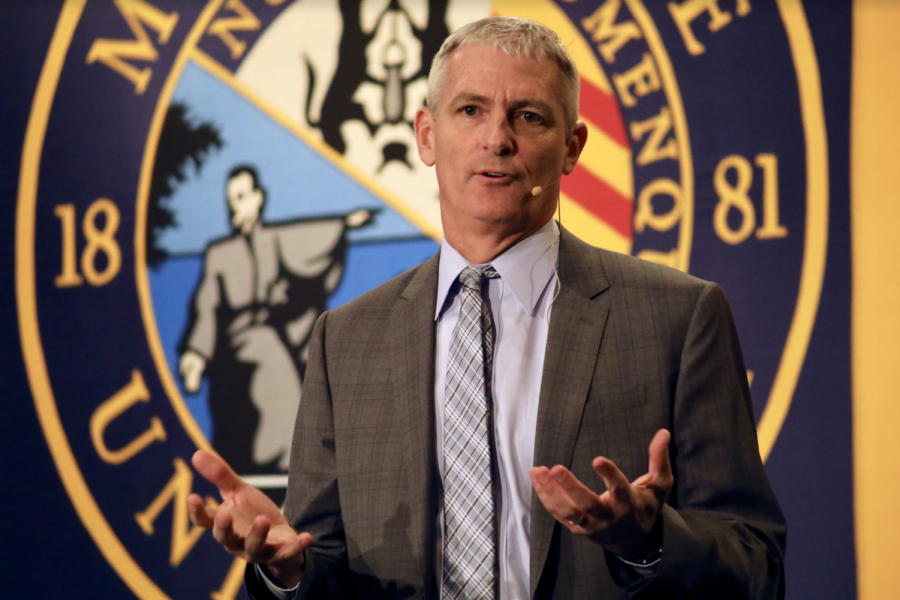“Governments like it that way. They want their people to see war as a drama of opposites, good and evil, ‘them’ and ‘us,’ victory or defeat. But war is primarily not about victory or defeat but about death and the infliction of death. It represents the total failure of the human spirit.”
-Robert Fisk, “The Great War for Civilization: The Conquest of the Middle East”
America’s “War on Drugs” began in predominantly African-American communities as an assault on the crack cocaine epidemic that ravaged the 1980s. The government considered crack cocaine more dangerous than powder cocaine — a drug more often used in predominantly white communities — and so the consequences for its use were exponentially higher than for the use of its predecessor. What was really going on was a thinly veiled attack on low-income, minority neighborhoods. This was not the first time a minority population living in the U.S. was brutalized and isolated, but it was the first time the government called it what it was — a war.
Serving in this new social war would be the FBI and local police departments across the nation. Members of the new militia would approach criminal offenses such as illicit drug use with a level of force that was once unjustifiable outside of a war zone.
When as a society we look upon our most segregated communities and draw our nation’s problems from those pools, we are making the people in those neighborhoods the problem.
Radley Balko writes in “Rise of the Warrior Cop: The Militarization of America’s Police Forces,” “No one made a decision to militarize the police in America. The change has come slowly, the result of a generation of politicians and public officials fanning and exploiting public fears by declaring war on abstractions like crime, drug use and terrorism. The resulting policies have made those war metaphors increasingly real.” The enduring theme is that police officer is synonymous with soldier.
Proof of this militarized approach to addressing societal problems came aggressively out of the mouth of President Donald Trump when he suggested the National Guard be sent to Chicago as a means of reducing the city’s violent crime. Even before this, Milwaukee’s very own County Sheriff David Clarke asked state legislatures to do the same thing in response to the unrest that took place in Sherman Park last summer.
It is necessary and good to to curb violent crime in metropolitan areas. Efforts to do so become sinister, however, when expressly violent, militaristic methods of curtailing the crime are employed solely against minority neighborhoods. Moreover, these neighborhoods did not originate out of violence, but became violent as a result of governmental apathy.
In “Between the World and Me,” Ta-Nehisi Coates writes, “… a society that protects some people through a safety net of schools, government-backed home loans and ancestral wealth but can only protect you with the club of criminal justice has either failed at enforcing its good intentions or has succeeded at something much darker.”
W.E.B. Du Bois, for whose work this article is named, wrote about being black in America as well, saying, “Instead of saying directly, ‘How does it feel to be a problem?’ they say, ‘I know an excellent colored man in my town; or, ‘I fought at Mechanicsville’; or, ‘Do not these Southern outrages make your blood boil?'” When as a society we look upon our most segregated communities and draw our nation’s problems from those pools, we are making the people in those neighborhoods the problem.
The trend continues out of minority neighborhoods and into the prison system, where the racial disparity between white and black inmates is staggering. African-Americans make up 14 percent of the United States population, but almost 40 percent of the U.S. prison inmate population. A black man in America has a 30 percent chance of spending his life in prison, while a white man has a 5 percent chance. Wisconsin is particularly guilty, having the highest percentage of jailed black men. In Milwaukee, 50 percent of African-American males will have spent a portion of their lives behind bars.
We need to stop living fearfully behind our government’s promises to create a crime-free utopia and address problems with pragmatism free from emotive rhetoric and scare tactics.
We can pretend mass incarceration has nothing to do with race because the people in the prison system are criminals. But as Michelle Alexander writes in “The New Jim Crow: Mass Incarceration in the Age of Colorblindness,” “The notion that a vast gulf exists between ‘criminals’ and those of us who have never served time in prison is a fiction created by the racial ideology that birthed mass incarceration, namely that there is something fundamentally wrong and morally inferior about ‘them.'”
America has always been a land of others, a land of “them” and “us,” and as such, a land of fear. Our national history is decorated with anti-Catholic sentiments, “No Irish Need Apply” signage and of course, racial segregation.
But the lack of outright othering in our present system has led people to the idea that we live in a “post-racial” society. Alexander writes that what makes America’s current caste system so undetectable is that it appears voluntary. People choose to commit crimes. People choose to send their children to underfunded schools. Once we acknowledge there is very little choice involved at all, the social hierarchy becomes all too evident.
But even if our society had evolved into something “post-racial,” we would still see racial casting. The institutions we have built up to this point favor white people. Even if we ourselves are not prejudiced, our institutions are. We can talk about institutional racism and learned prejudice and convenient ignorance, but while we’re discussing the academic history of racial violence in America, people are dying.
We cannot champion ourselves as the land of the free if the only ones who are free are white people. We need to stop living fearfully behind our government’s promises to create a crime-free utopia and address problems with pragmatism free from emotive rhetoric and scare tactics. If we are hesitant to support wars abroad, we should be equally as reluctant to accept domestic wars against our own population.
Coates writes, “But all our phrasing — race relations, racial chasm, racial justice, racial profiling, even white supremacy — serve to obscure that racism is a visceral experience, that it dislodges brains, blocks airways, rips muscles, extracts organs, cracks bones, breaks teeth.”





